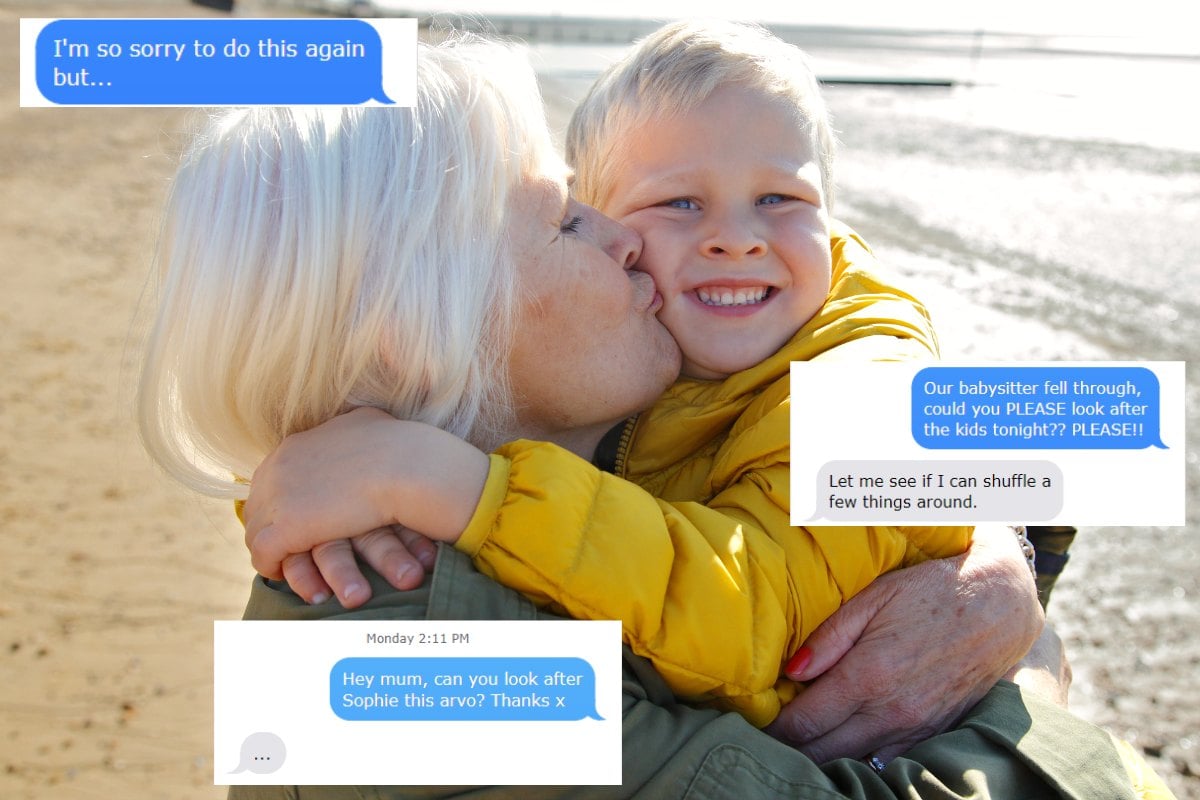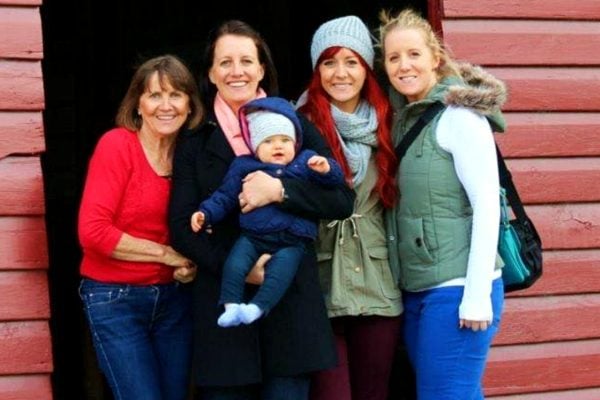
If you have kids and are back at work, you’ll understand the daily challenges of the work/family juggle. Getting your little ones dressed and out the door to daycare takes time and energy – and then there’s the huge expense.
If you are lucky enough to have a grandparent willing to help out, do you see that as a wonderful gift, or do you pay them for their time?
Mamamia spoke to five mums about whether they pay their parents- and parents-in-law to care for their grandchildren, and the reasons why.
Team Mamamia share the worst things they’ve ever said to their mother-in-law. Post continues below.
Here's what they had to say.
Christina, mum of two, pays her mum in cash.
Christina had an idyllic set up when she went back to work after having her daughter Harriet in 2012.
"At the time we were living in Sydney and I was working for Tourism Victoria, three days per week.
"Daycare was really expensive and hard to find, so my mum offered to come down twice a week from Newcastle to look after Harriet. My parents-in-law did the remaining day.
"It was amazing as I would get up and get ready to a point but then when mum arrived I would hand Harriet over and simply grab my bag and head out the door to catch the train. So much easier than packing lunches and worrying about drop offs in Sydney traffic!"



Top Comments